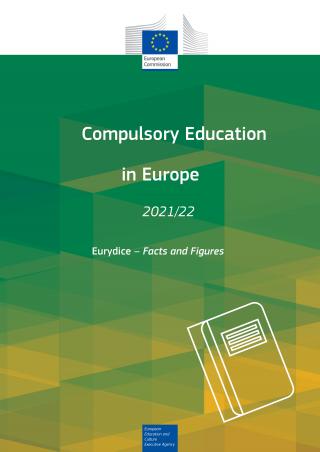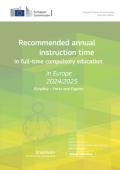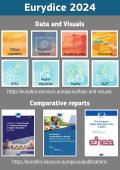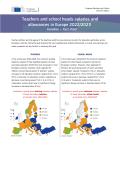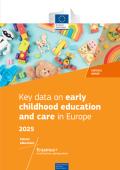Compulsory Education in Europe - 2021/22
This publication provides concise information on the duration of compulsory education/training in 39 European education systems, covering 37 countries participating in the EU's Erasmus+ programme (27 Member States, Albania, Bosnia and Herzegovina, Switzerland, Iceland, Liechtenstein, Montenegro, North Macedonia, Norway, Serbia and Türkiye).
Full-time compulsory education/training refers to a period during which all students are required to follow education/training on a full time basis.

